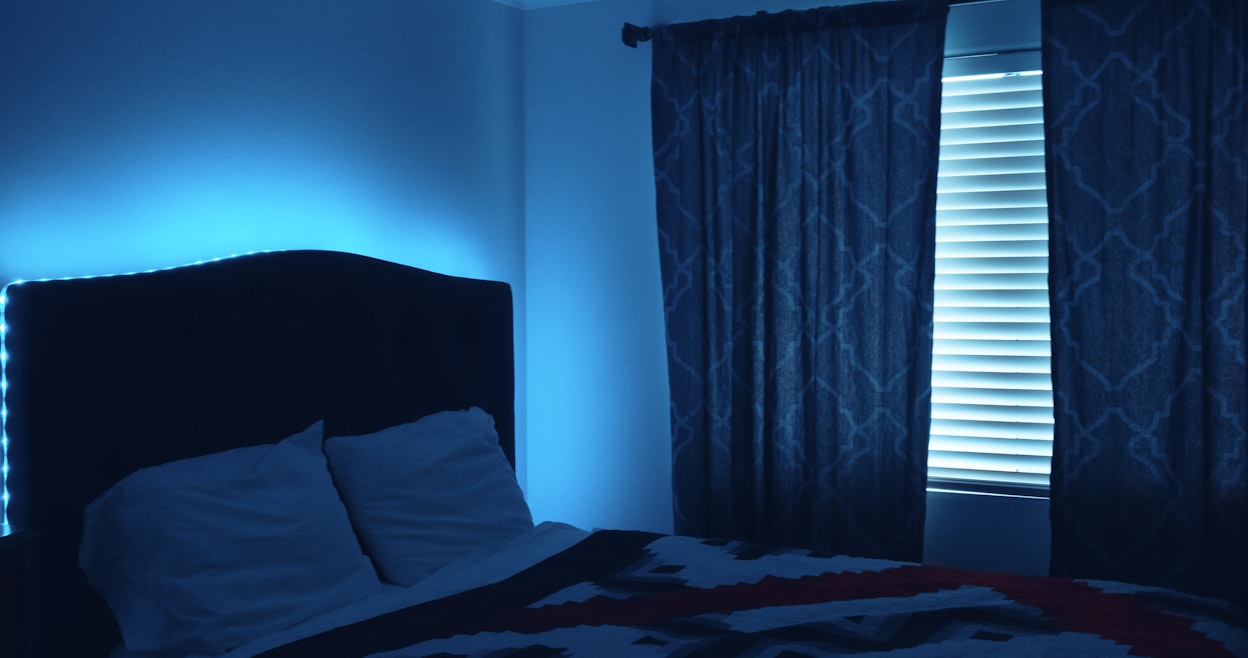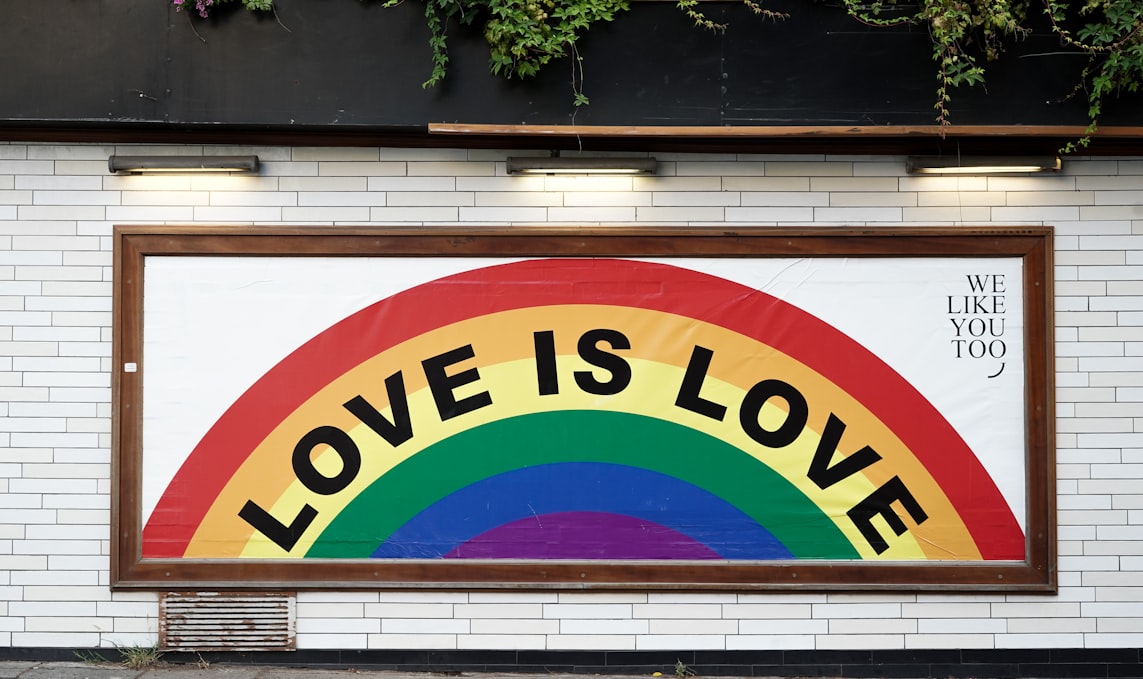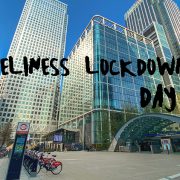By Anna Prudhomme, Nenseh Koneh, Weronika Strzyzynska
The last year has been absolutely unprecedented; one lockdown turned into three, “stay home, protect the NHS, save lives” has been permanently engrained on our brains, and we now consider beer a “substantial meal.” Many of us have seen our entire lives reduced to the four walls of our homes. And, while its still too soon to tell what our lives will look like after we re-enter the outside world, we have have found eight ways in which we adapted our dwelling spaces to accommodate our new homebody life style.
Insomnia

A study conducted during the first lockdown showed a sharp increase of anxiety-related sleeping problems from one in six to one in four people due to Covid-19 restrictions. Jane Falkingham, Professor at the University of Southampton who undertook the research said, “the Covid-19 pandemic and the policy responses to it have widened the differences in sleep deprivation across gender and ethnicity, putting women and ethnic minorities at an even greater disadvantage.” Key workers were also shown to be the most affected, with reported sleep problems after the first lockdown almost doubling.
Personal Hygiene:

Personal hygiene seems to have taken somewhat of a hit during lockdown, especially among Londoners who were second only to the Welsh in their willingness to admit that they no longer change fresh socks and underwear as regularly as they used to. Although reassuringly, 80% of the capital’s inhabitants – and 85% of Britons overall – claim to have not changed their habits in that regard at all, and some say they do so more often! (7% London, 6% UK)
Londoners additionally have the questionable honour of leading the country in poor dental hygiene with 9% claiming that their teeth brushing has become less frequent.
Lockdown also had us concentrate more on our inner-beauty, with the use of make-up decreasing dramatically across the board; Only 15% of previous make-up users say that they wear it as much as before the pandemic. More than a half us no longer bother styling our hair as much as we used to and bras have never been less fashionable. In terms of bra abandonment, Londoners are again leading the way with a whooping 45% reporting less frequent use. The Welsh are this time in second place, while Northerners prove to be the most wedded to their brassières.
Pet Adoptions

There has been a massive surge in purchasing pets over the last year in the UK. Over two million pets have been purchased, with a third of those belonging to young adults between the ages of 24-35. People who live in London are most likely to adopt a pet with a one in five chance. But 2020 has also seen a sharp increase in dog thefts; according to lost and found service Dog Lost, 2020 was the “worst year ever” in the matter due to the huge increase in demand for pets.
Divorce

Sadly, divorce has been another repercussion from lockdown. Leading national law firm Stewarts confirmed they had a 122% increase in enquiries between July and October of 2020 compared to 2019. Carly Kinch, a partner at Stewarts, said that lockdown and social distancing has caused many couples to increase their time together which has been a catalyst for many breakups.
But divorce beneficially contributed to the UK house price market; as people break up and move out, searches for new housing increased. In March 2021, the property platform Rightmove said that the average price of property coming to market had increased by 0.8% as buyer demand reached record levels.
Cooking

A Tesco study revealed that more than a fifth of people in the UK were now cooking their meals from scratch compared to one in eight before lockdown. Also, a quarter of households spent more time cooking together and 33% said mealtimes were “more of an occasion”. People have taken the time to upgrade their kitchen skills, craving for their usual bakery and pub food. Searches for ‘fakeaway’ recipes significantly increased as well; “how to make southern fried chicken” increased by 5000 per cent in searches throughout the pandemic.
LGBT+ Discrimination

You’d imagine that with work from home orders, the amount of social division and discrimination from your workplace would minimise, but unfortunately that has been the complete opposite for the LGBT community.
According to a study done by CIPD, 40% more of LGBT+ workers reported experiencing a conflict at work over within the last year. These conflicts include being humiliated, verbally abused or discrimination from a characteristic. Additionally, 75% of LGBT+ who had experienced a workplace incident didn’t report it because they felt that nothing would change.
Claire McCartney, diversity and inclusion adviser at CIPD said, “it’s clear that there is more employers can be doing to embrace the LGBT+ community. There is still the need for more education on LGBT+ issues, which starts with asking employees about their experiences and raising awareness about and responding to matters affecting the community,”
Porn

There wasn’t more of a time to make pleasure a priority until during lockdown. On March 25, Pornhub offered free premium services for their website to encourage people to stay home. The website saw a 24.4% increase of its average 120 million daily users on this day, the highest viewership on record for Pornhub. A similar peak occurred on May 22 at 24.3%, and soon after Pornhub offered another month of free services.
Charlene Douglas, psychosexual therapist said: “People are at home, they’re bored, maybe having sex with their partner, wanting something else, or having arguments with their partners, and they want to have escape. There is a whole host of reasons why people could be watching porn. And it will definitely affect sex habits; There might be somebody that wants sex more than the other partner and that has to be dealt with. People want to fill that void with something, and sometimes porn is that perfect thing to fill it with.”
Corona Sales:

Who among us does not long for that gone-by era when “Corona” could only mean a good time with the lads, perhaps in a sunny corner of Victoria park?
At the beginning of the pandemic some experts prophesied a bleak future for the citrusy pale lager. They saw it sharing the fate of Ayds, the unfortunately-named appetite suppressant bar which after half a century of strong sales was discontinued in the 80s.
However, the Mexican beer brand proved them all wrong. The 2020 sales of Corona, named after the crown which adorns the Church of Our Lady of Guadalupe in Puerto Vallarta, in-fact increased by 40%.
“We’re all constantly hearing the word ‘Corona’, and regardless of whether it prefaces the word ‘virus’ that’s going to keep the brand front of mind,” Mark Ritson, a brand consultant, wrote in Marketing Week.
Source: inews.co.uk
Follow our These 4 Walls series this week to find out more about what happened behind closed doors during this pandemic. You can also find us on Instagram #These4Walls





